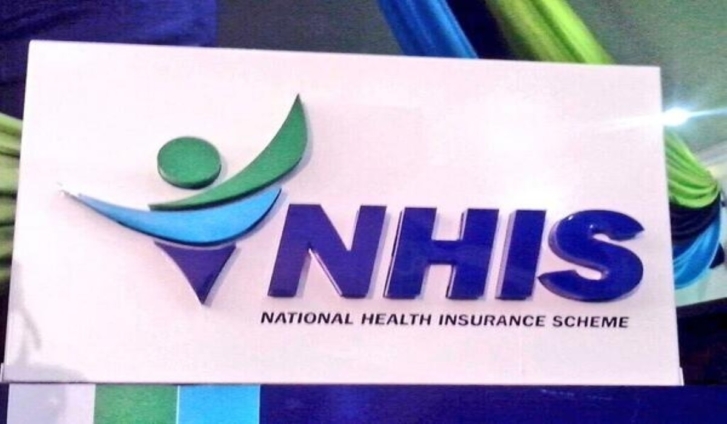The Executive Director of Africa Education Watch, Kofi Asare says although there are numerous challenges with the National Health Insurance Scheme (NHIS), most of the issues have been addressed.
Dr Asare explained that in 2017, the government implemented measures to cap certain statutory funds, allowing for the diversion of up to 60 percent of accruals into those funds.
"So, for example, if 10 million is supposed to come into NHIS through the National Health Insurance levy we pay, because of that law, the Finance Ministry takes a significant chunk of the 10 million," he stated on March 26, 2024.
Speaking at JoyNews’ Ghana Connect Townhall Meeting on Tuesday, March 26, Mr Asare emphasised the need to review the NHIS due to ongoing challenges.
He called on political parties to make commitments to uncapping the NHI Levy.
According to him, failure to uncap the NHI levy could result in hospitals lacking the necessary funds to pay for basic utilities such as electricity.
“And you will be asked to pay for drugs as you are experiencing now.”
Meanwhile, on March 12, the Deputy Minister-designate for Health, Alexander Akwasi Acquah, told Parliament's Appointments Committee that there is still public confidence in the National Health Insurance Scheme (NHIS).
The NHIS has come under scrutiny following several complaints by beneficiaries.
Read also: Public remains confident in NHIS – Deputy Health Minster-designate
JoyNews' ongoing series on the NHIS has confirmed some of these complaints of patients, including out-of-pocket payments for various services at health facilities.
But the Deputy Minister-designate for Health insisted that despite the challenges, there is high confidence in the scheme.
"I have seen people driving Range Rovers, they will come to facilities using health insurance and after they have been put to bed, they will request for private ward and pay for it. It means that such a person is benefiting from health insurance, using health insurance to have access to the facility, but when it comes to treatment, because perhaps he is a bourgeois, he pays to be in a private ward.
"It means that the confidence in health insurance is high. There are people who believe in it so at any point in time they have it and they take it to the various hospitals," he explained.
Latest Stories
-
CLOGSAG vows to resist partisan appointments in Civil, Local Government Service
1 hour -
Peasant Farmers Association welcomes Mahama’s move to rename Agric Ministry
1 hour -
NDC grateful to chiefs, people of Bono Region -Asiedu Nketia
1 hour -
Ban on smoking in public: FDA engages food service establishments on compliance
1 hour -
Mahama’s administration to consider opening Ghana’s Mission in Budapest
1 hour -
GEPA commits to building robust systems that empower MSMEs
1 hour -
Twifo Atti-Morkwa poultry farmers in distress due to high cost of feed
1 hour -
Central Region PURC assures residents of constant water, power supply during yuletide
1 hour -
Election victory not licence to misbehave – Police to youth
1 hour -
GPL 2024/2025: Nations thrash struggling Legon Cities
1 hour -
Electoral offences have no expiry date, accountability is inevitable – Fifi Kwetey
1 hour -
Ghanaians to enjoy reliable electricity this Christmas – ECG promises
1 hour -
Police deny reports of election-related violence in Nsawam Adoagyiri
2 hours -
‘We’re not brothers; we’ll show you where power lies’ – Dafeamekpor to Afenyo-Markin
2 hours -
EPA says lead-based paints are dangerous to health, calls for safer alternatives
3 hours

